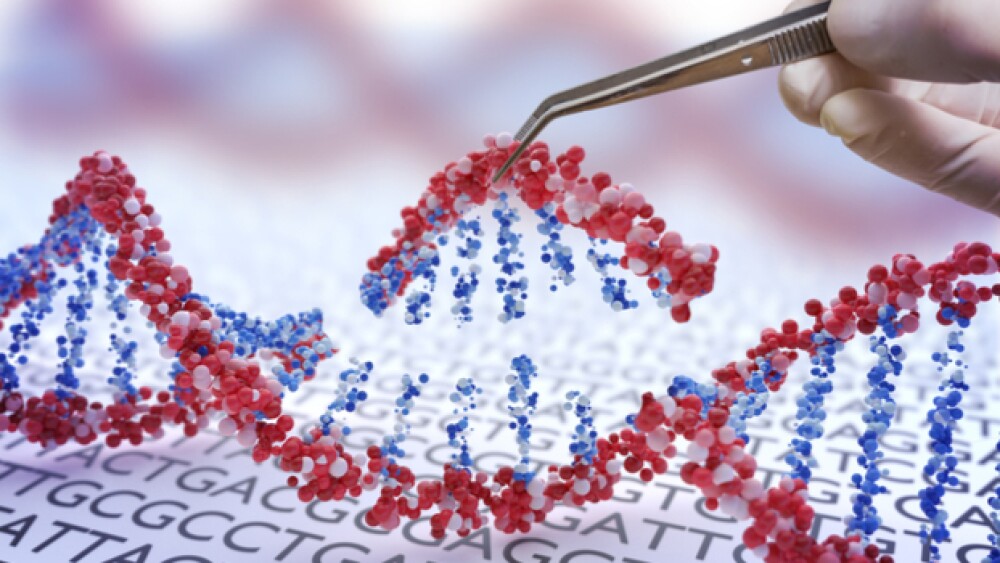The researchers, in analyzing more than 400,000 genomes and associated health records, found that individuals with two mutated copies of the CCR5 gene, the one He Jiankui modified, had a significantly higher death rate between the ages 41 and 78 than people with one or no copies.
In November 2018, Chinese researcher He Jiankui announced that he had used CRISPR-Cas9 gene editing to modify the genomes of the embryos of seven sets of parents. A pair of twin girls had been born and, he later announced, another woman was pregnant.
The announcement was met with global condemnation and investigations by the Chinese government, Rice University in the U.S., and the National Institutes of Health (NIH), among several others. The reasons for criticism are because any changes to the embryos’ genome can be passed on to the result of children’s children. Also, not enough is known about off-target edits or the actual edits he made.
He Jiankui disabled a gene called CCR5 with, reportedly, the intention of making the babies more resistant to HIV infection. All seven men in the research had HIV infections, but the disease was strongly suppressed by standard HIV drugs. In that respect, there was no medical need for the procedure.
On June 3, 2019, researchers at the University of California, Berkeley analyzed records in the UK Biobank looking at the history of children born naturally with the same edits He Jiankui made. His intention, he claims, was to provide the children with resistance to HIV. However, the researchers, in analyzing more than 400,000 genomes and associated health records, found that individuals with two mutated copies of the CCR5 gene, the one He Jiankui modified, had a significantly higher death rate between the ages 41 and 78 than people with one or no copies. In fact, they had a four-fold increased risk of dying from the flu.
They published their research in the journal Nature Medicine.
“Beyond the many ethical issues involved with the CRISPR babies, the fact is that, right now, with current knowledge, it is still very dangerous to try to introduce mutations without knowing the full effect of what those mutations do,” stated Rasmus Nielsen, a UC Berkeley professor of integrative biology, and senior author of the paper. “In this case, it is probably not a mutation that most people would want to have. You are actually, on average, worse off having it.”
The CCR5 gene codes for a protein that has a number of functions. One of those is to assist some strains of HIV to enter and infect immune cells. A known mutation, Delta 32, in the CCR5 gene, provides some protection against HIV infection. It is rare in Asian populations but is found in about 11% of Northern Europeans.
However, as this new study indicates, the role of the CCR5 is not completely understood and deactivating it may—and as this study suggests, probably will—have unintended and potentially negative effects.
“Because one gene could affect multiple traits, and because, depending on the environment, the effects of a mutation could be quite different, I think there can be many uncertainties and unknown effects in any germline editing,” stated lead author Xinzhu “April” Wei, a postdoctoral fellow.
In related news, the Appropriations Committee of the U.S. House of Representatives yesterday restored language to a 2020 spending bill that prohibits the U.S. Food and Drug Administration (FDA) from looking at applications for any clinical trial “in which a human embryo is intentionally created or modified to include a heritable genetic modification.”
An appropriations subcommittee had removed the rider in May, largely because Democrats on the panel wanted a broader debate on how the U.S. government should regulate these types of genetic modifications. They were, they said, in support of a ban on using gene editing to modify babies but were concerned that the FDA rider might place scientific research into beneficial therapies in a straitjacket.
A Democratic aide told Science Insider in May, “The provision was dropped because it was inserted in private three years ago and has never been subject to public debate. We believe this provision could limit important scientific research and, if Congress chooses to prohibit such research, that should be done in the light of day.”
Several scientific advocacy groups have spoken up about the rider. The general thinking isn’t that the intention of the ban is necessarily bad, but that it shifts the control from the FDA and scientists to Congress and its political agendas. As Bioethicist Hank Greely of Stanford University noted to Science Insider, the language was “bad policy…. This is a good change, but it raises new challenges, for Congress and for society.”
Newsletter Sign Up
Sign up to get the latest life sciences news and updates delivered straight to your inbox.





